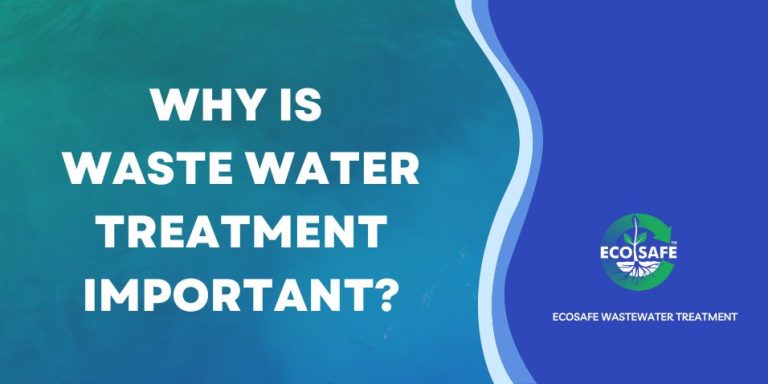The Only Guide to Reclaim Waste
How Reclaim Waste can Save You Time, Stress, and Money.
Table of ContentsThe Ultimate Guide To Reclaim WasteGetting The Reclaim Waste To WorkReclaim Waste for DummiesThe Ultimate Guide To Reclaim Waste3 Easy Facts About Reclaim Waste Shown
Via appropriate fluid waste administration, companies can minimize energy-intensive treatment procedures and disposal costs. By complying with a system for handling liquid waste, companies can stay clear of pricey penalties and fines and stay clear of adverse attention.(https://reclaimwaste1.blog.ss-blog.jp/2024-11-12?1731425991)Collect representative examples from different factors within the waste stream to ensure accuracy. Liquid waste, especially dangerous ones, postures significant dangers throughout this action.

Sanitation (e.g., chlorination, ultraviolet light, ozonation) and nutrient elimination (e.g., denitrification and phosphorus eradication) are recommended under rigorous regulations. Countless companies went against several fluid waste disposal policies in recent years.
What Does Reclaim Waste Do?

Superficial containers contain liquid waste that is permitted to vaporize via all-natural processes. This type of disposal is subject to stringent ecological laws due to potentially unsafe emissions.
The findings ought to be recorded, evaluated, and saved not just for entry to governing authorities yet also for making enhancements in the future. Share information with relevant stakeholders (e.g., staff members, regulative federal government agencies, and neighboring communities) to maintain transparency and responsibility.
Understanding these can aid them properly handle their procedures and minimize their ecological effect. Companies that can not invest in centers ought to consider teaming up with the public sector for better remedies.
The Buzz on Reclaim Waste
By applying comprehensive administration systems that consist of therapy and recycling strategies, regular tracking, threat assessments, and adherence to local and government regulations, industrial facilities can add to the security of groundwater materials, ensuring their schedule for future generations (liquid waste disposal). Let's look into the relevance of reliable fluid waste administration in the commercial sector, focusing on its implications for securing groundwater resources
The pollution of groundwater sources because of incorrect fluid waste management in the industrial sector has far-ranging repercussions for human wellness, farming, and the atmosphere all at once. Some of the potential impacts created by such contamination include: Infected Alcohol consumption Water Supplies: As groundwater supplies a significant section of our alcohol consumption water, pollution from commercial tasks can bring about harmful chemicals and bacteria entering our water systems, posturing health risks for humans.
Decreased Agricultural Performance: Farming depends greatly on groundwater for irrigation; consequently, contaminated water can prevent crop returns, infect farming products, and impact food security. Offered the significance of preserving groundwater sources, it is essential for companies to take an aggressive position in handling their fluid waste responsibly and preventing air pollution.
3 Easy Facts About Reclaim Waste Described
Liquid waste can pollute land and contaminate waters. Under the Defense of the Setting Operations Act 1997, organizations that generate fluid waste are needed to manage it in a means that safeguards the setting and the area. Information regarding handling and storing fluid waste, reacting to spills and decreasing fluid waste is offered in the following fact sheets and guidance:.
The role of waste monitoring specialists in protecting this priceless source can not be overemphasized. Polluted water and contaminated effluent administration: Guaranteeing that hazardous fluids are safely eliminated and treated before they learn the facts here now can harm our water resources.
Thus, incorporating sustainable fluid waste monitoring into economic preparation boosts economic stability and secures the setting, showing the worth of this approach. In conclusion, embracing expert liquid waste monitoring techniques is critical for making certain a lasting future, protecting our atmosphere and safeguarding the health of future generations.
When it involves dealing with waste, sticking to correct procedures is important for a multitude of factors. Appropriate garbage disposal is not nearly sanitation; it's about guaranteeing the wellness of our setting, health, and the effective use sources. Comprehending the significance of reliable waste management can assist all of us add to a much healthier, cleaner world.
A Biased View of Reclaim Waste
Effective waste management helps keep tidy roads and public spaces, lowering the visual impact of clutter and making sure that waste does not harm wildlife. When waste is not disposed of effectively, it can cause pollution, where hazardous materials can seep into the dirt, water systems, and the air, creating lasting ecological issues.